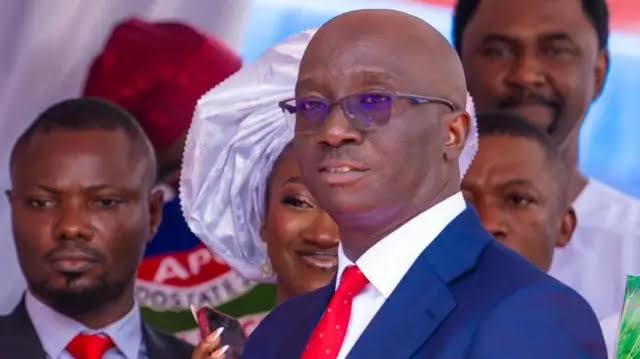Britain’s economy grew 0.6 percent in the April-June period, a slight slowdown compared with the first three months of the year, official data showed on Thursday.
The country’s economy is growing after it exited a mild recession at the end of last year, helped by inflation falling back from four-decade highs.
Gross domestic product had expanded by 0.7 percent in the first quarter of 2024, the Office for National Statistics said in a statement.
The data covers the period just prior to Britain’s general election in early July, which resulted in the centre-left Labour party winning power on a promise to grow the country’s economy by a sizable amount.
“The new government is under no illusion as to the scale of the challenge we have inherited after more than a decade of low economic growth and a £22 billion ($28 billion) black hole in the public finances,” finance minister Rachel Reeves said Thursday in reaction to the latest gross domestic product figures.
“That is why we have made economic growth our national mission and we are taking the tough decisions now to fix the foundations, so we can rebuild Britain and make every part of the country better off.”
Weak June
The GDP data revealed also that the economy recorded zero growth in June, or end of the second quarter, owing “to a weak month for health, retailing and wholesaling, offset by widespread growth in manufacturing”, noted Liz McKeown at the statistics office.
She added that growth across the quarter “was led by the service sector, where scientific research, the IT industry and legal services all did well”.
READ ALSO: UK economy exits recession ahead of election
While the Consumer Prices Index rose back above the Bank of England’s target in July to 2.2 percent, according to official data Wednesday, it is way down on the elevated levels seen in the months following Russia’s invasion of Ukraine.
As such, the central bank is expected to keep on cutting interest rates in the coming months, according to analysts.
Separate data this week showed Britain’s unemployment rate dropping to 4.2 percent and wage growth down to the lowest level in nearly two years.
Prime Minister Keir Starmer’s Labour government has said that it plans to boost the economy thanks to mass house-building and by doubling onshore wind energy by 2030.
At the same time, Reeves has warned that the country’s public finances face an extra £22-billion hole inherited from the previous Conservative administration that is likely to result in tax rises when she delivers her maiden budget later this year.

 3 months ago
113
3 months ago
113















 English (US) ·
English (US) ·